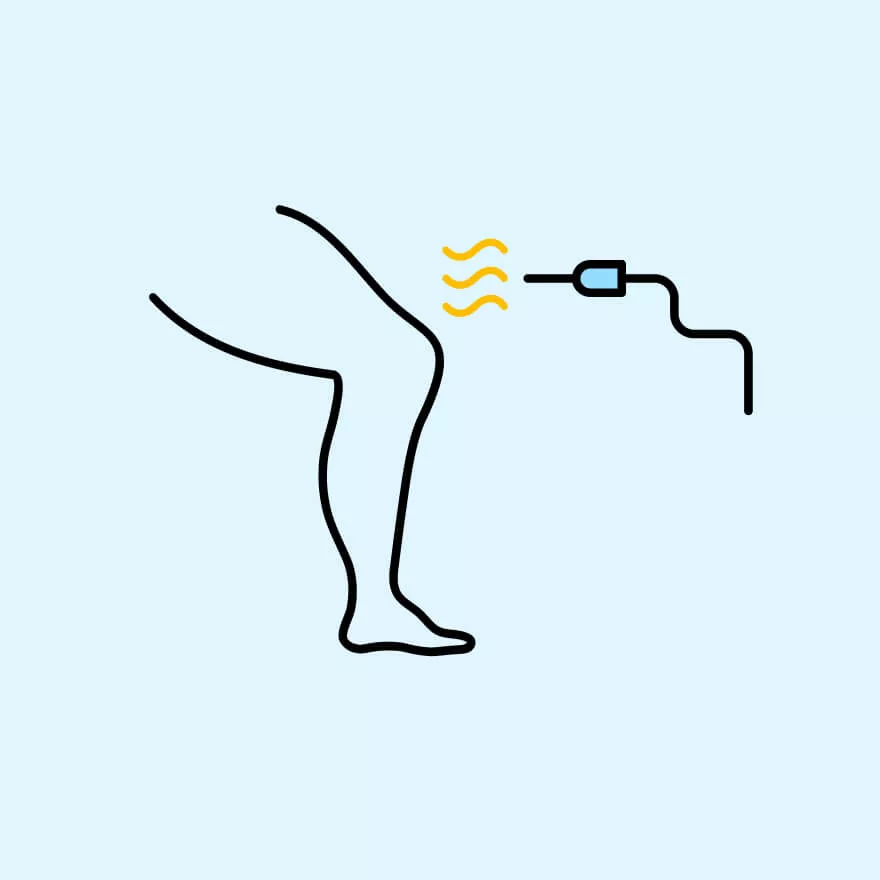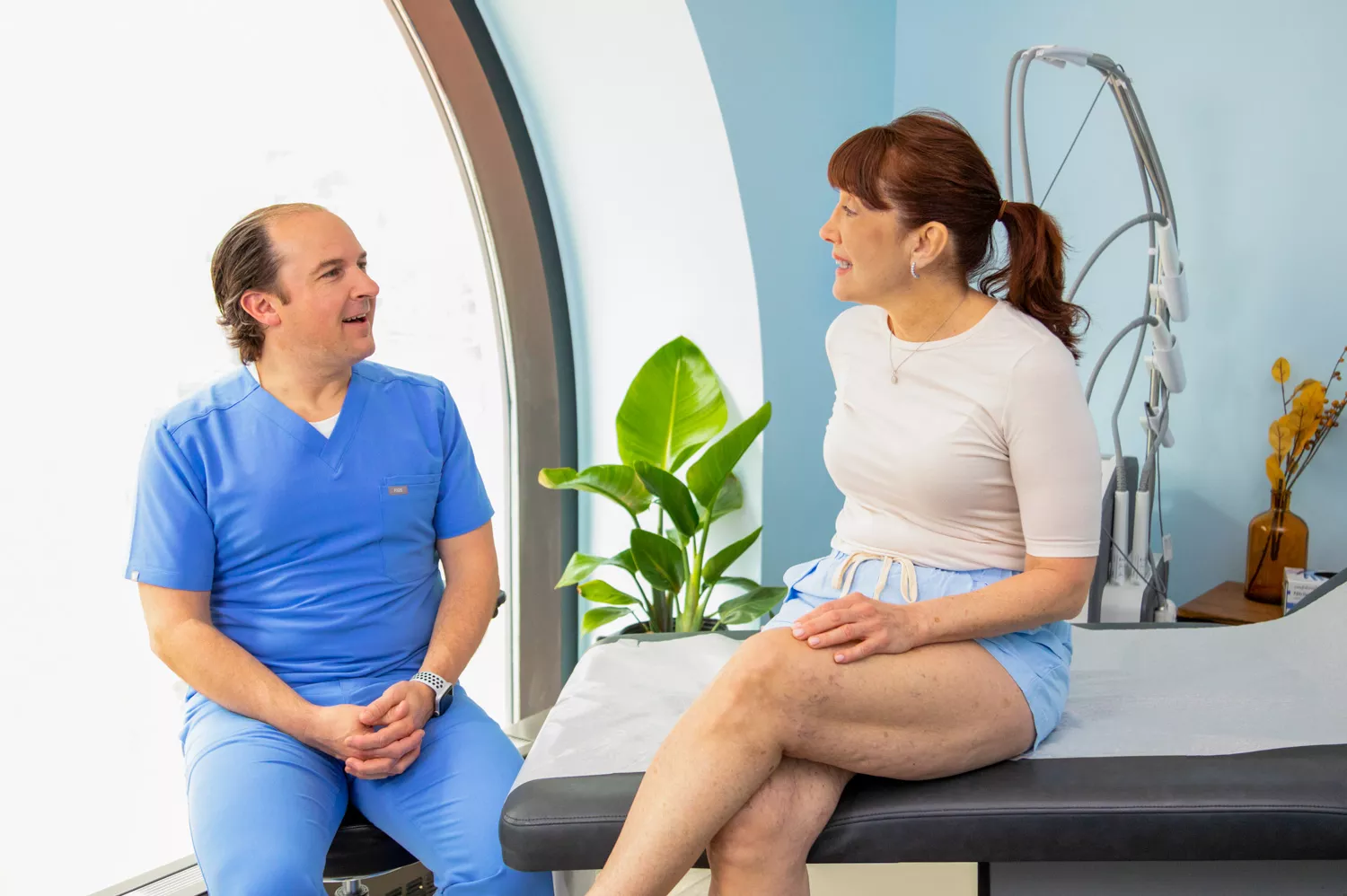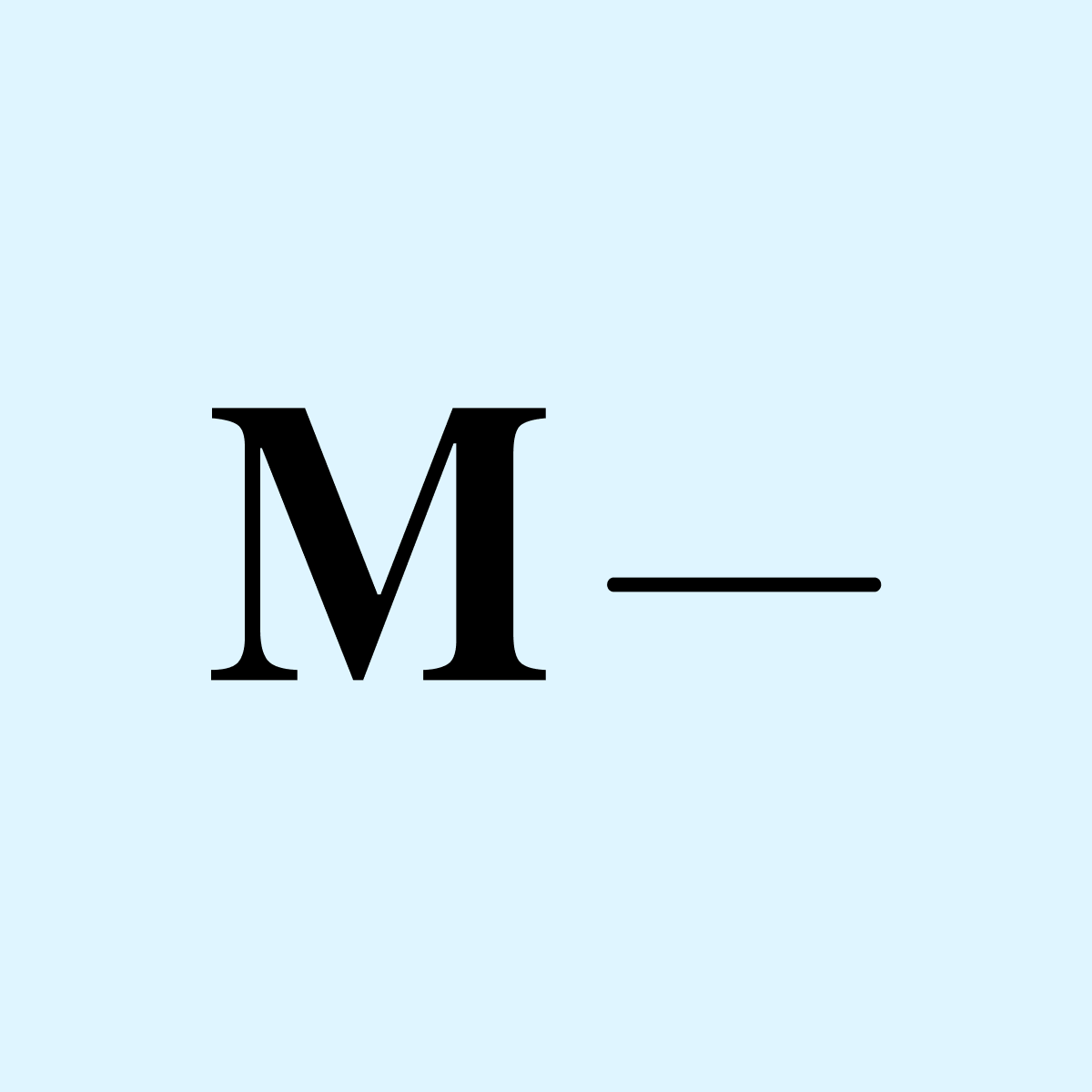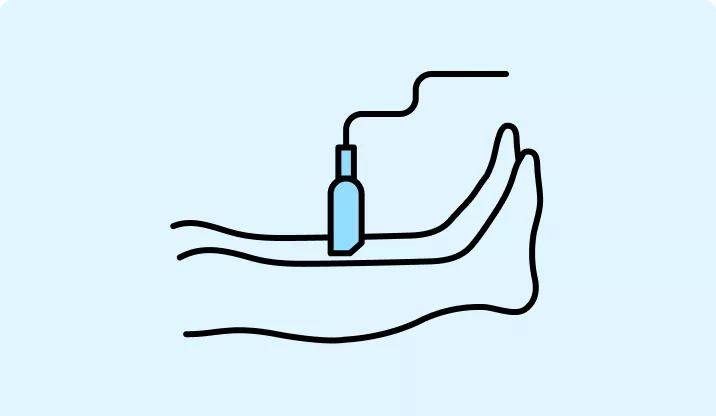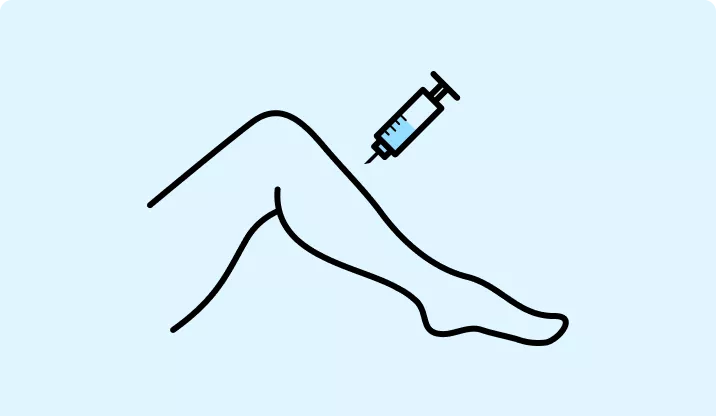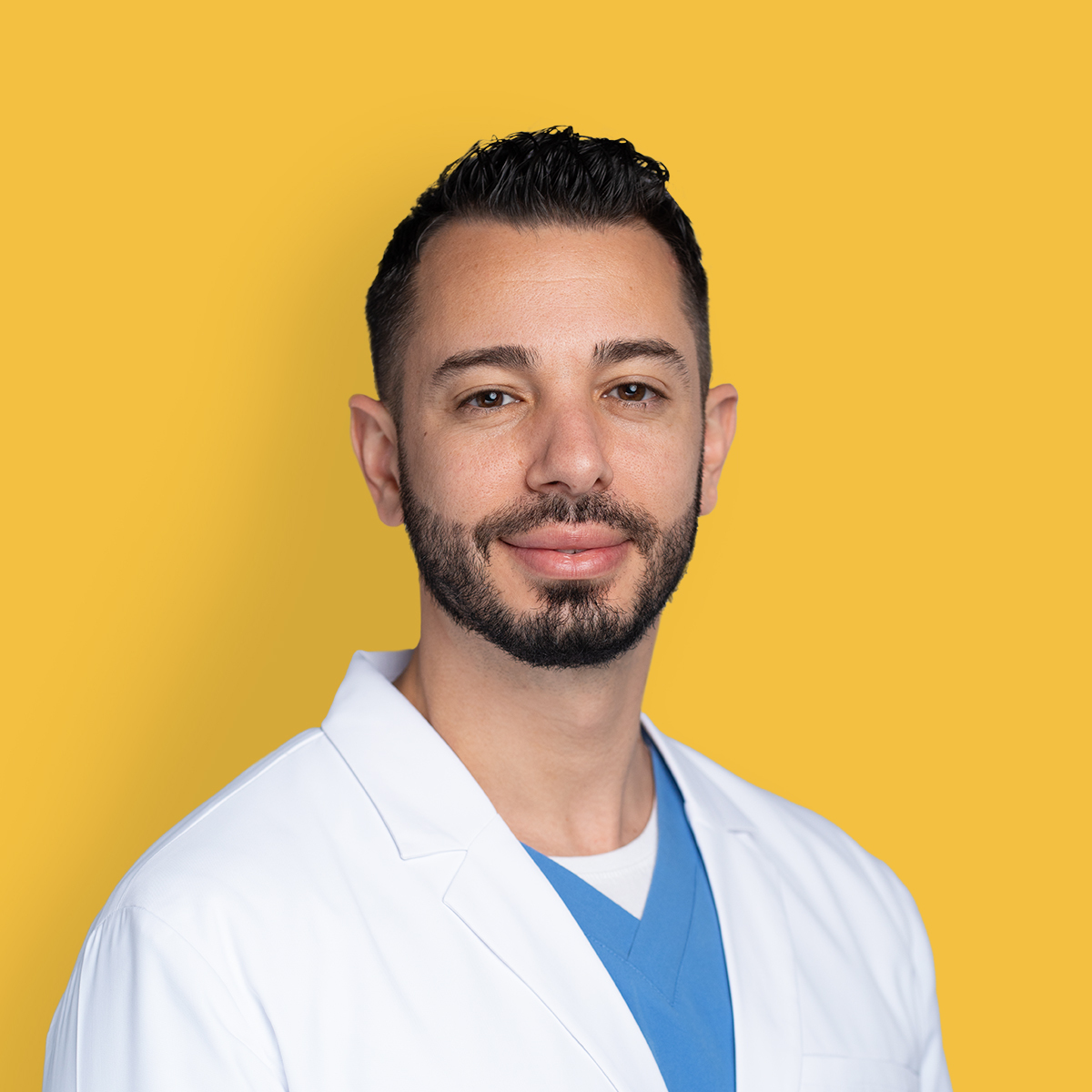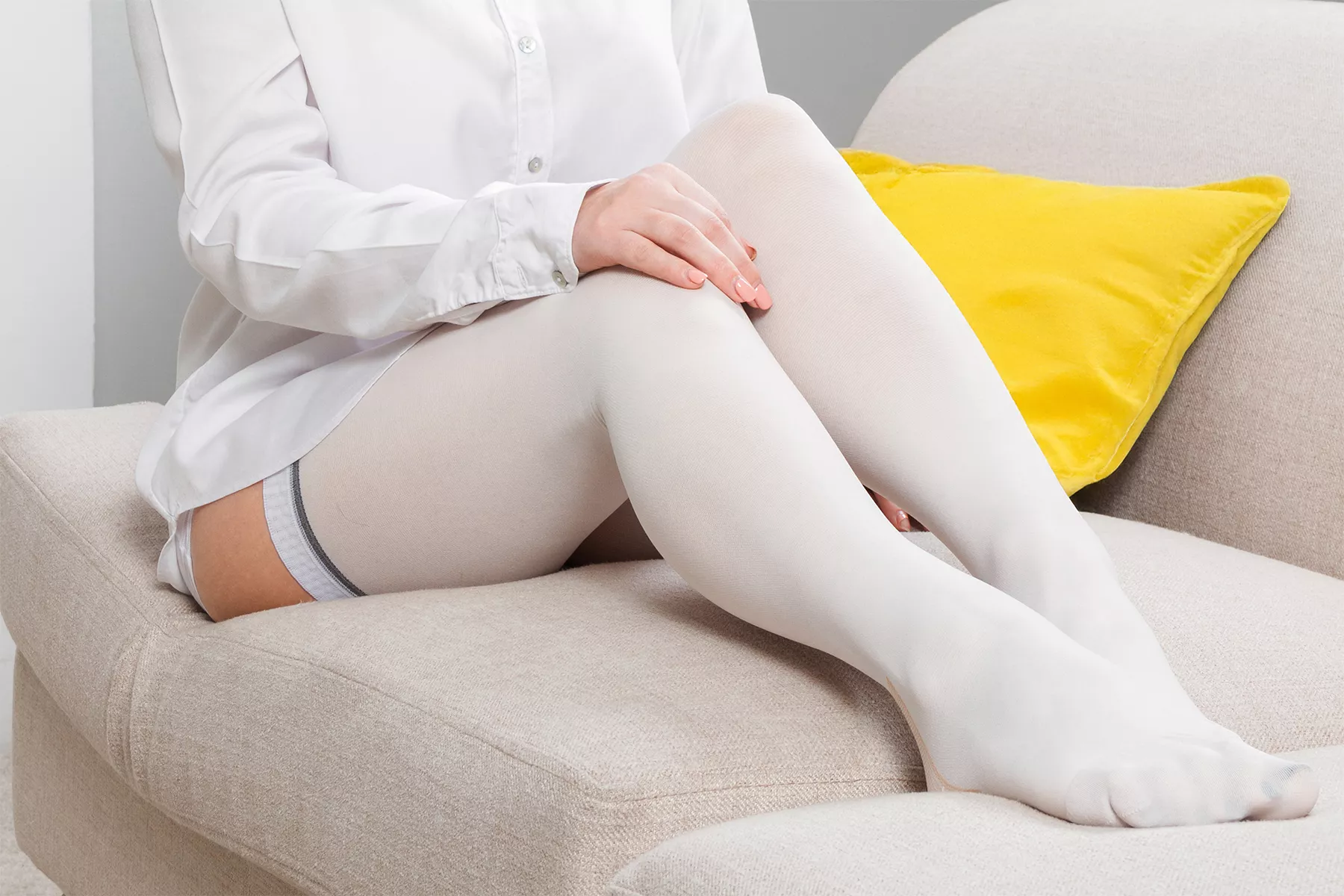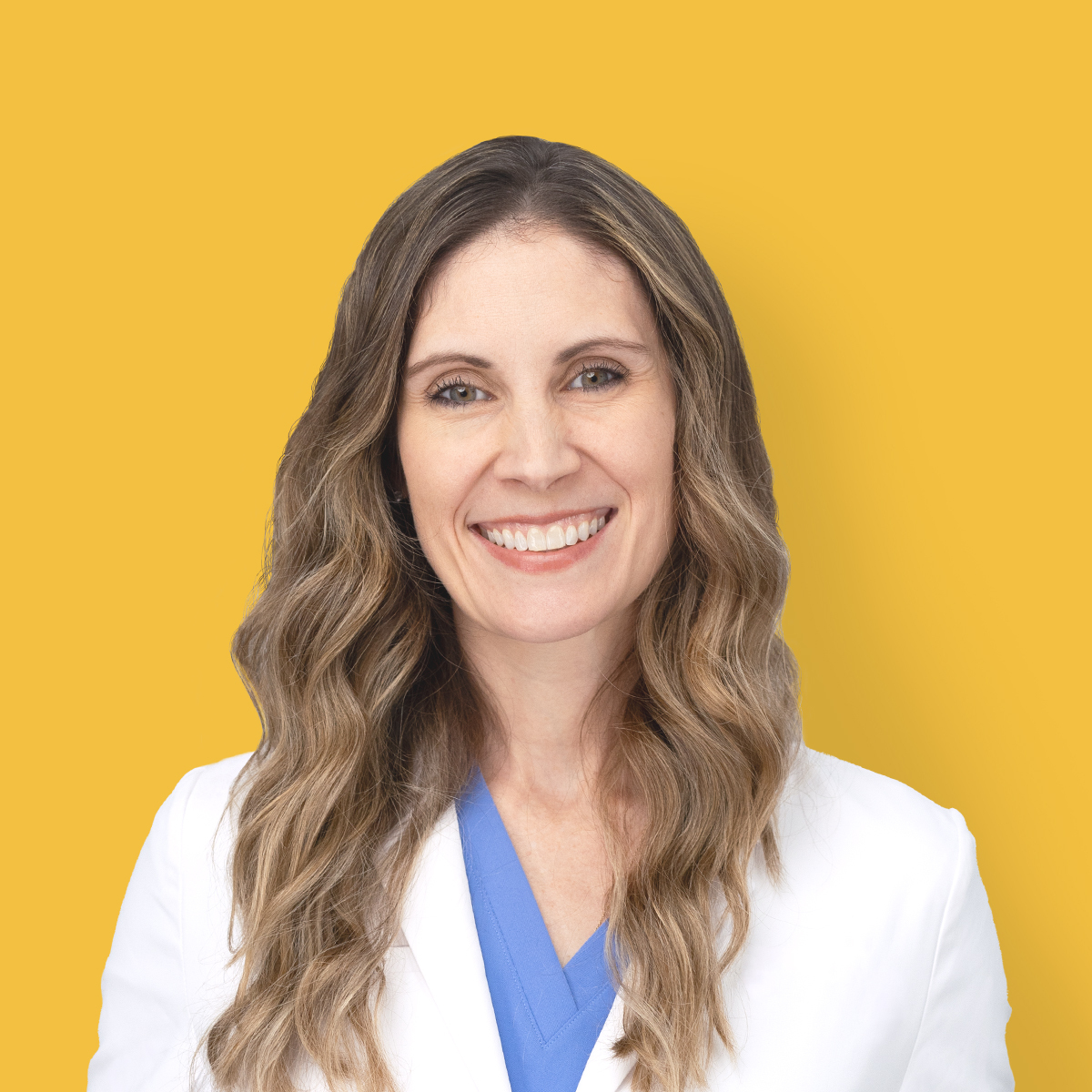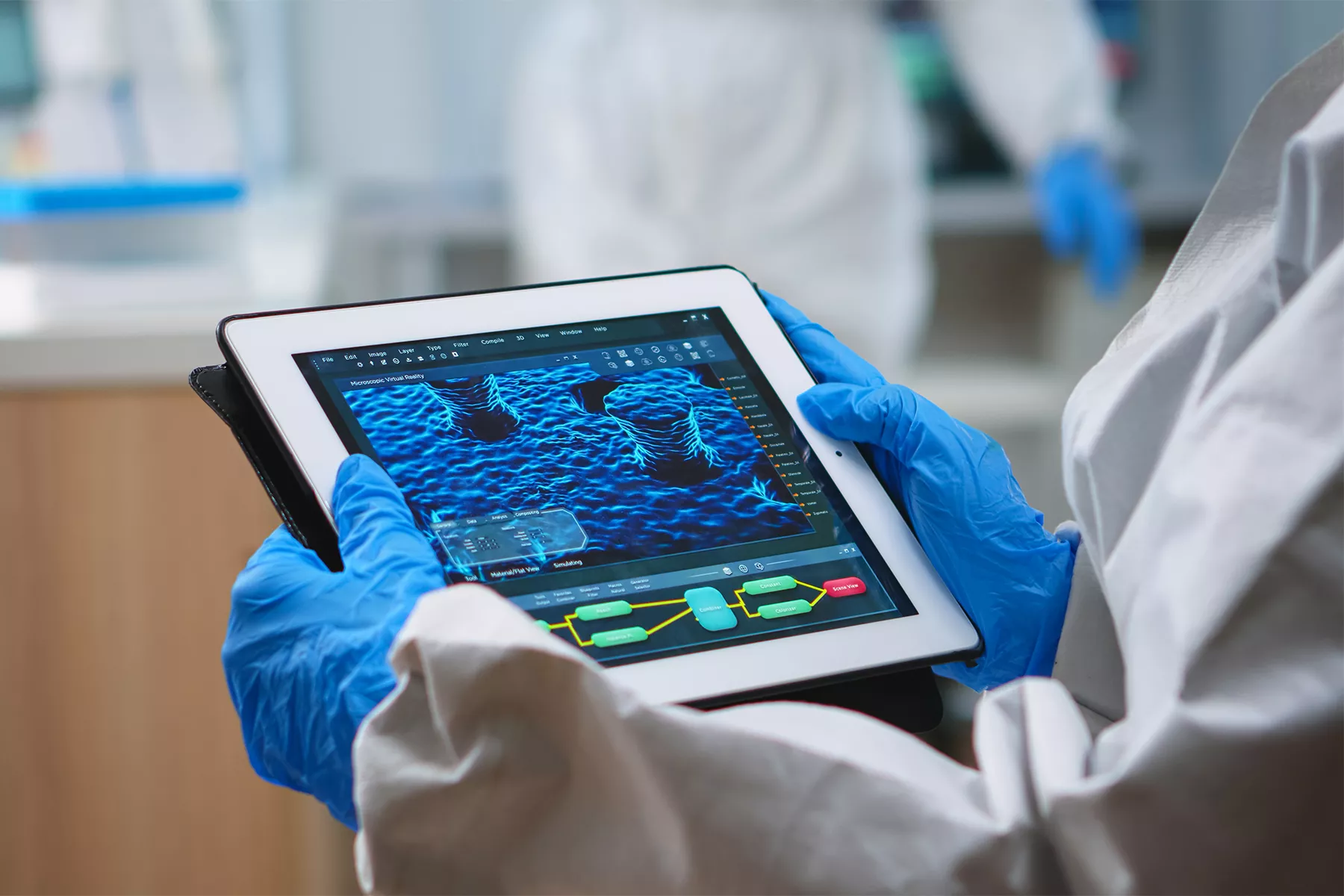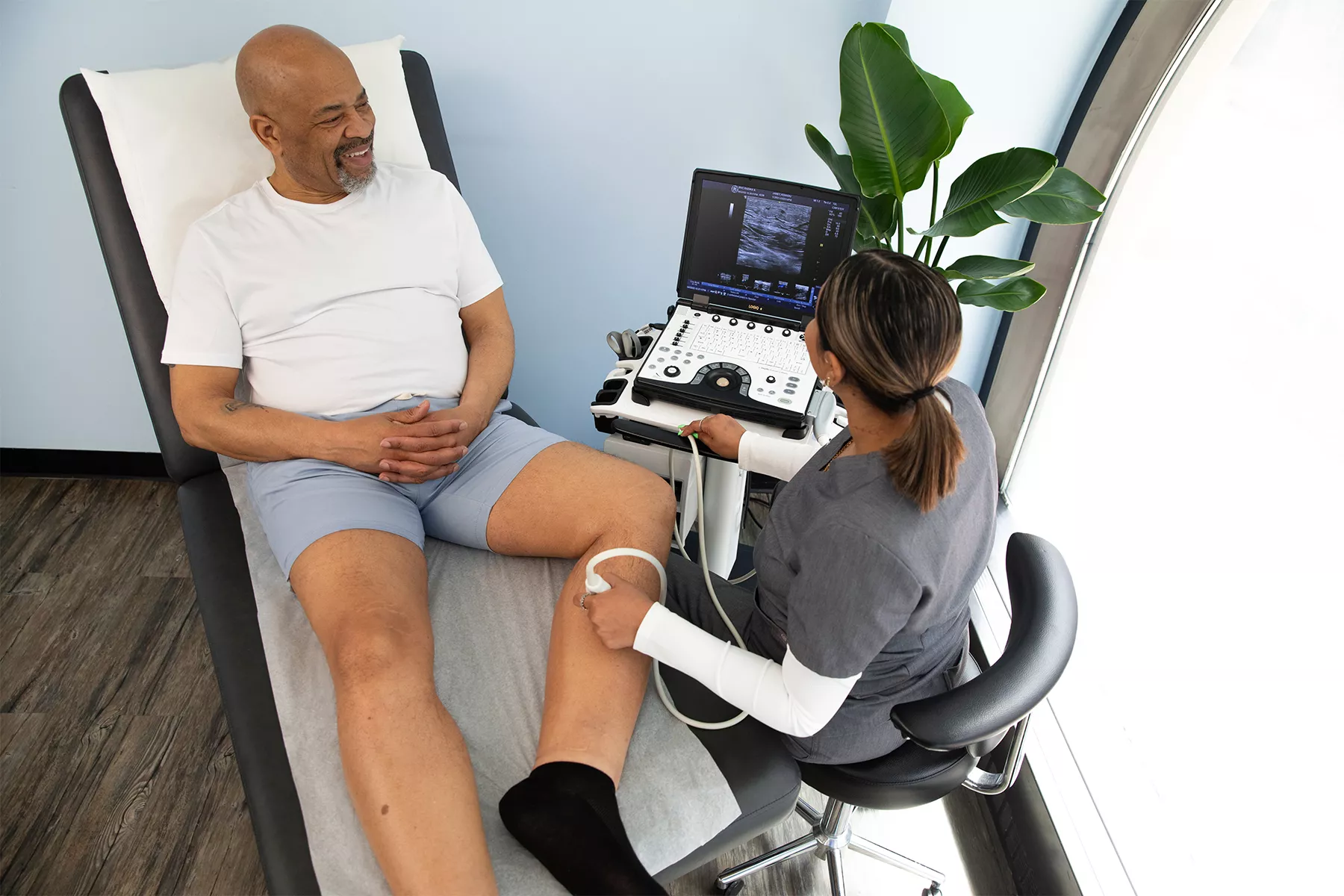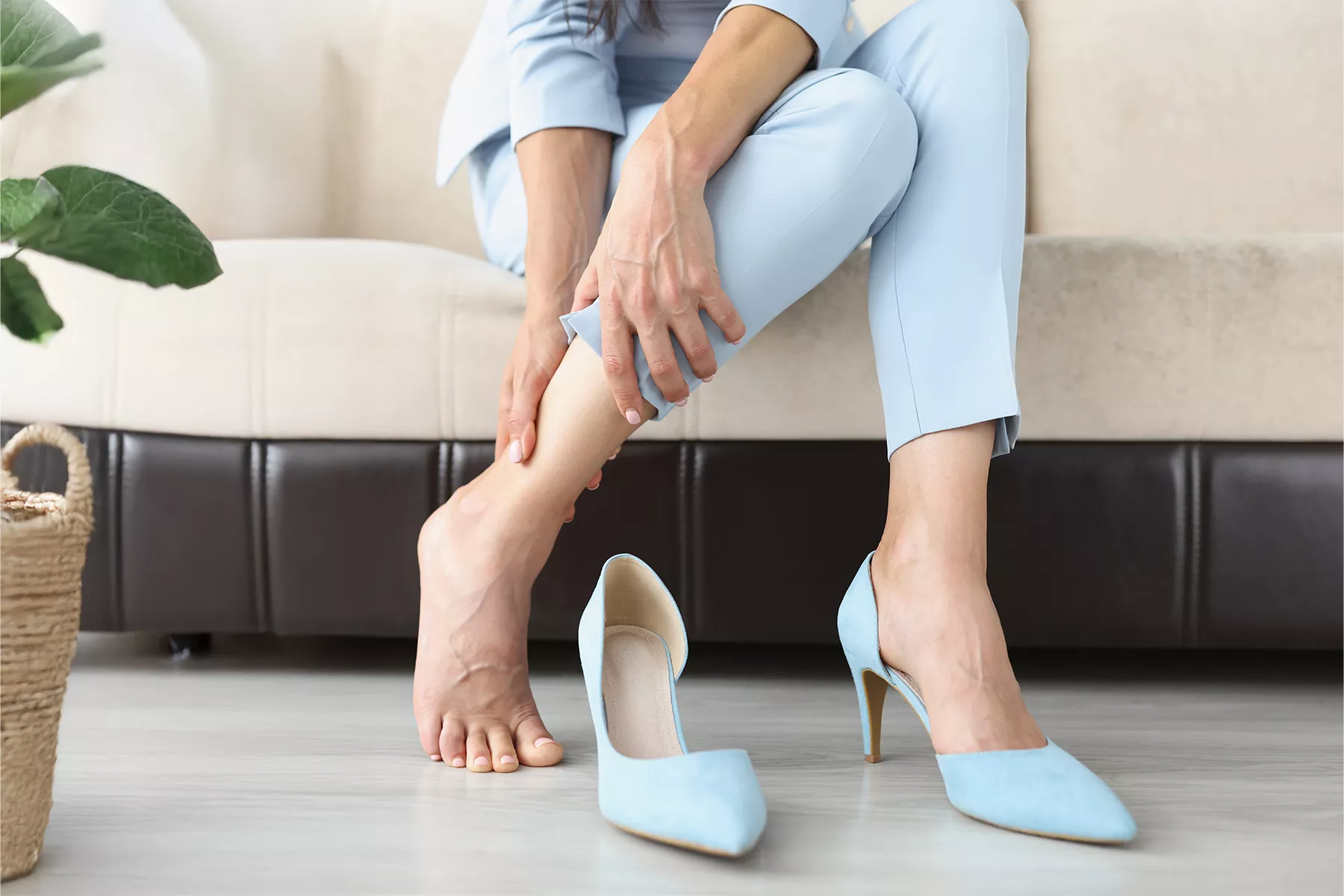What is radiofrequency ablation?
RFA is a varicose vein treatment option that uses pulsating radiofrequency energy to improve symptoms of vein disease. A vein specialist inserts a tiny tube into your unhealthy veins, using radiofrequency energy. Once the radiofrequency starts pulsating and emitting heat—none of which you will feel while under local anesthetic—the vein will immediately close and blood circulation will improve through your healthier veins.
What Radiofrequency Ablation Treats
Vein Treatment FAQs
RFA is covered by insurance because this vein treatment is done to address medical symptoms related to the underlying cause of vein disease, known as chronic venous insufficiency. Varicose vein treatments, such as RFA, address symptoms like aching or heavy legs, leg swelling, and poor circulation. At Metro Vein Centers, we accept over 200+ insurance plans and work directly with your insurance provider to maximize your coverage, without any paperwork or hassle for you.
RFA works using heat-emitting radio waves that seal off problematic veins. An ultrasound-guided catheter is inserted into unhealthy veins and, with practiced guidance from your vein doctor, is pulsed gently to heat and close damaged vein pathways.
Patients who are treated with radiofrequency ablation recover quickly from this minimally invasive treatment. Since RFA is done under local anesthetic, at most you’ll feel some slight discomfort during the procedure.
After your 30-minute treatment is finished, you’ll be able to walk out and drive yourself home, with little downtime. Most patients are back to normal activity in just 24 hours.
- We’ll start by numbing the treatment area.
- Second, using an ultrasound-guided radiofrequency fiber, we’ll thread a small catheter into your problem vein.
- Your vein doctor will then use targeted radiofrequency waves to heat specific areas of the unhealthy vein, thereby causing it to close.
- Now sealed off, the problem vein will be reabsorbed into your body as the circulation in your legs restarts through healthier veins.
- We’ll give you compression stockings to wear for the next 24–48 hours and will schedule a follow-up appointment a week later.
Patients may experience some temporary bruising following their treatment. Reports of temporary numbness, itching, sensitivity, burning, or swelling are not frequent, but can occur. Some patients opt to take an over-the-counter pain medication or medicated cream to speed healing.
There are no stitches needed following your RFA treatment, and patients are able to return to their normal activities right away.
Patients with relatively untwisted, straight veins may benefit from either endovenous laser ablation or radiofrequency ablation. Taking into account your vein history, age, symptoms, and the type of veins that need treatment, your Metro Vein Centers specialist will determine the best treatment option for you.
Book a free evaluation today to get started on your custom treatment plan in New York, New Jersey, Michigan, Connecticut, Texas, Arizona, or Pennsylvania.


